SOFTWOOD STAIRCASE
Whether you're looking for a grand, sweeping staircase or something more understated and simple, there's sure to be a design that's perfect for you.
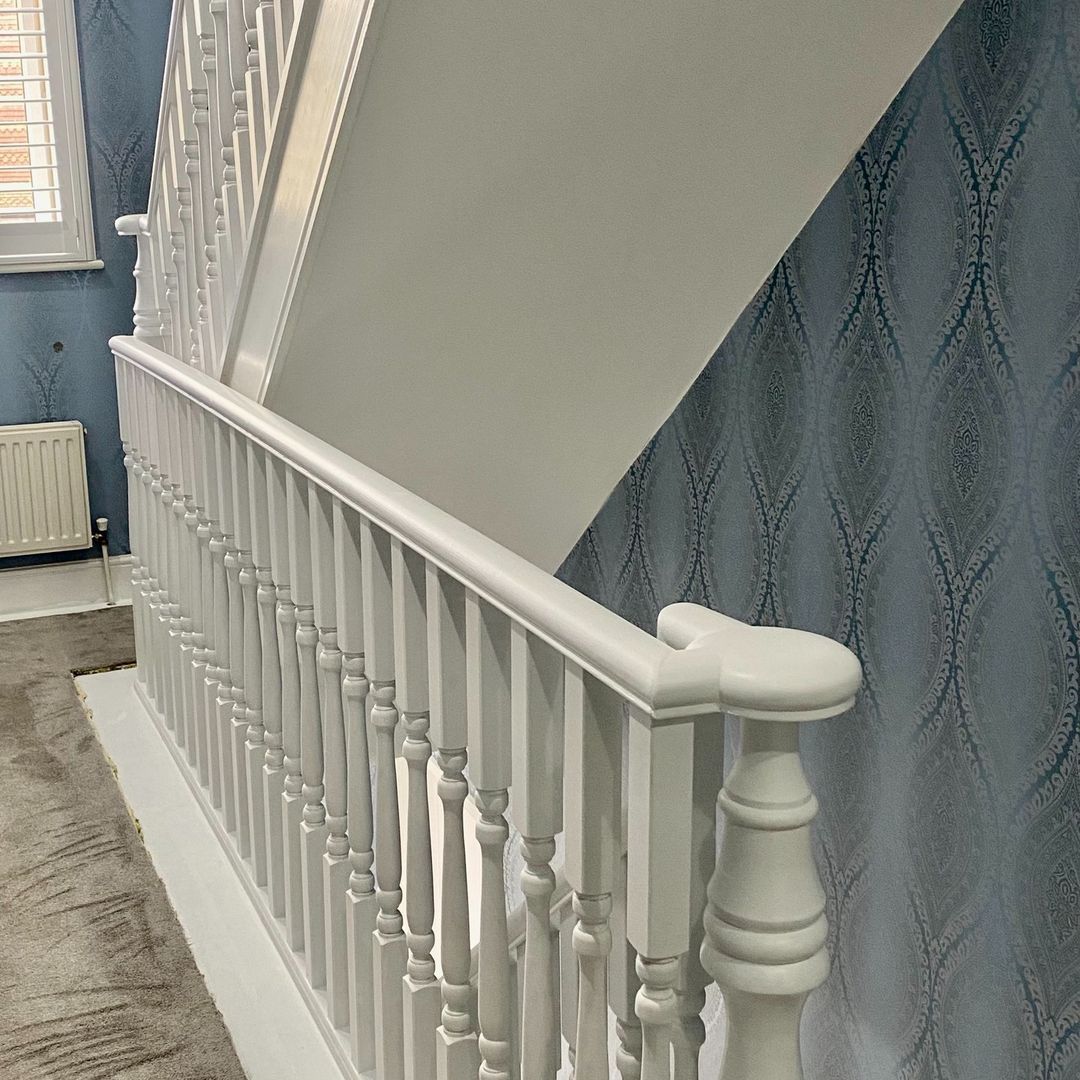
Slide title
Write your caption hereButton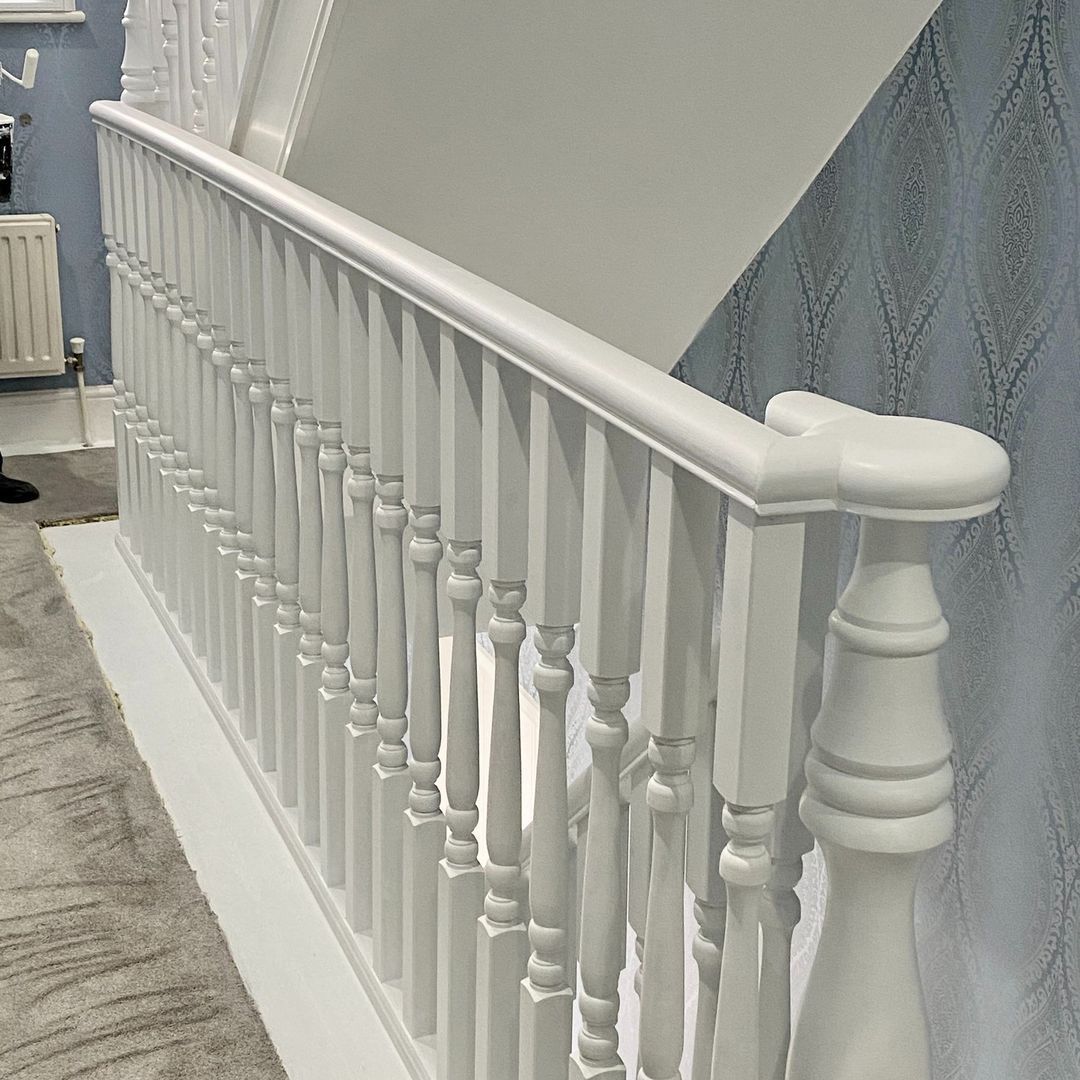
Slide title
Write your caption hereButton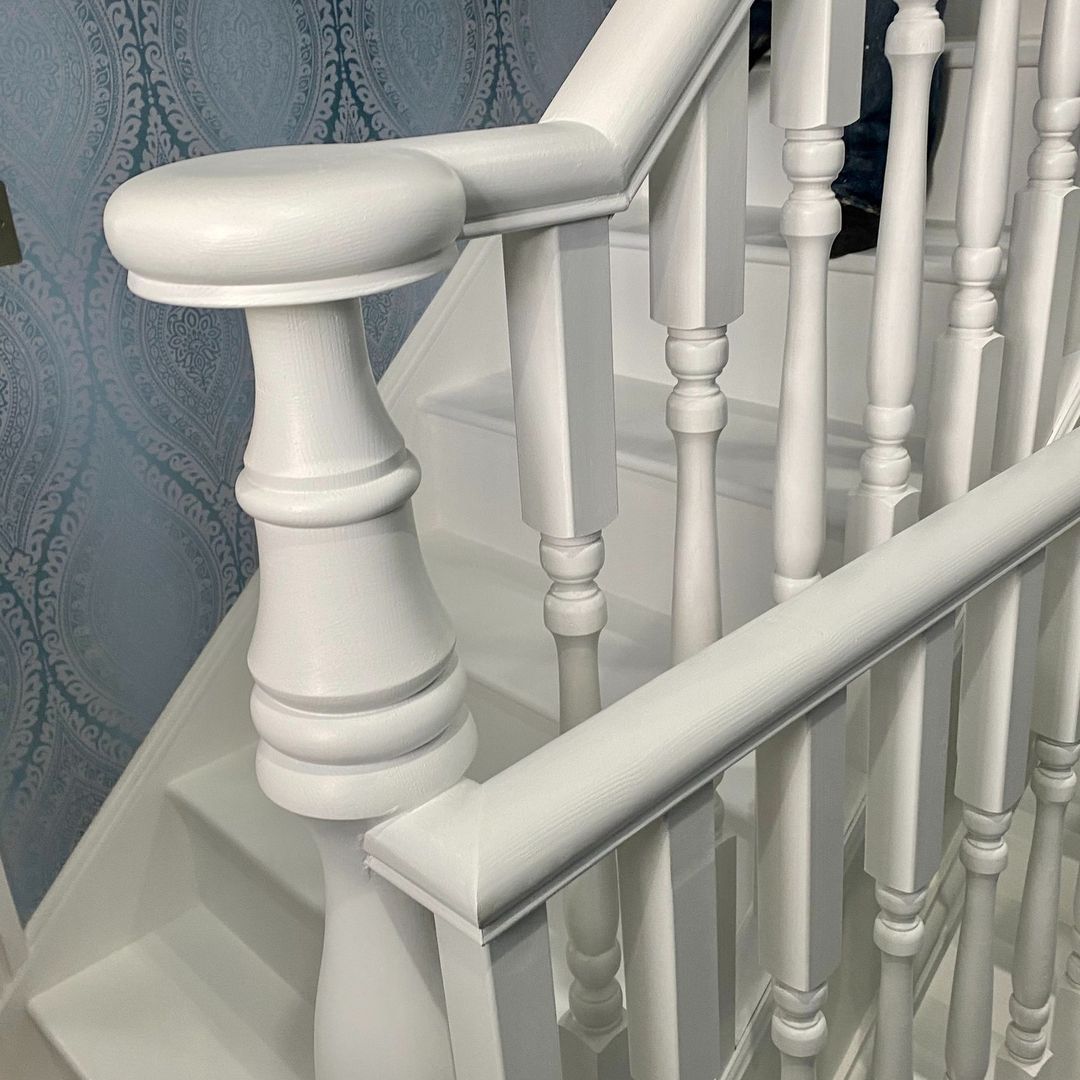
Slide title
Write your caption hereButton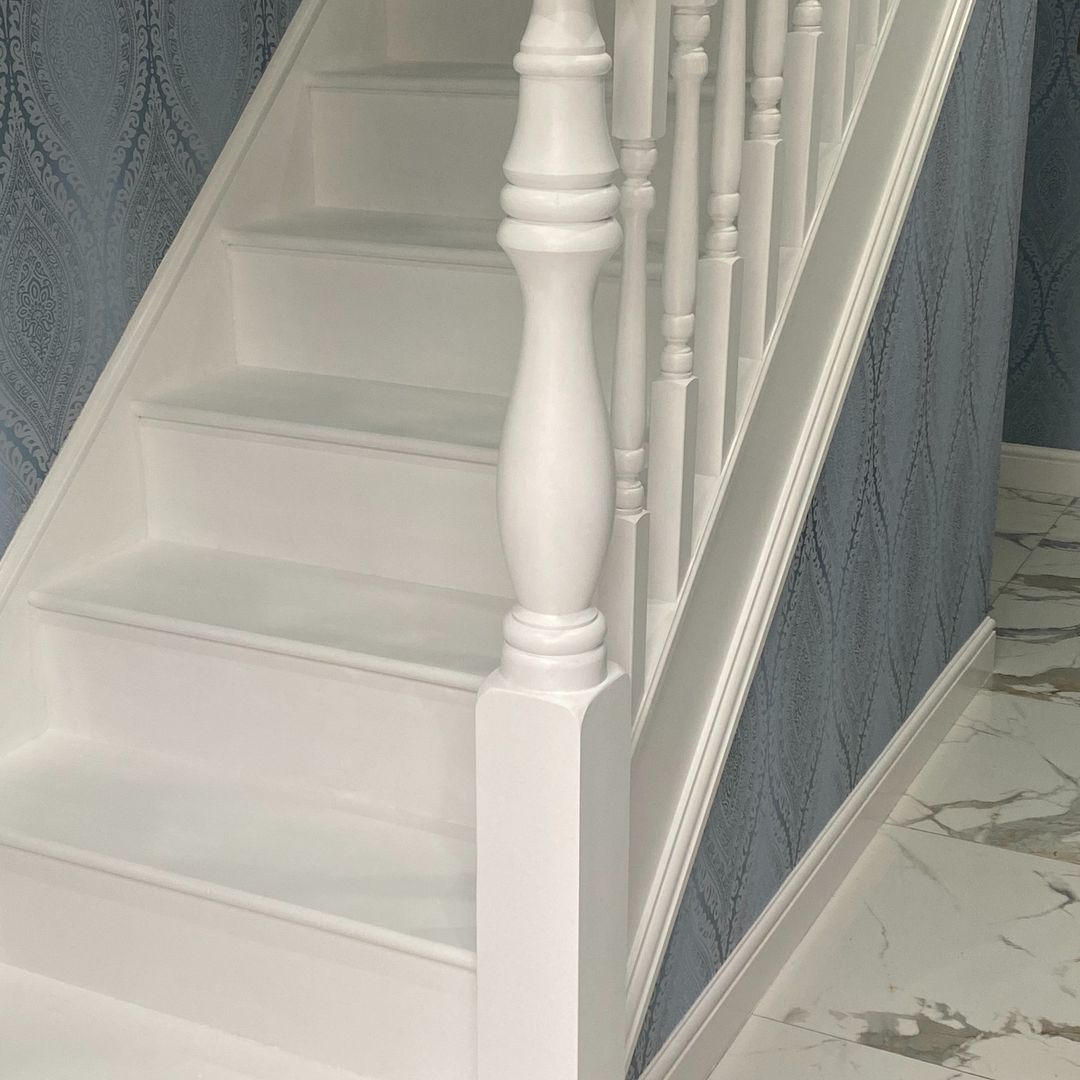
Slide title
Write your caption hereButton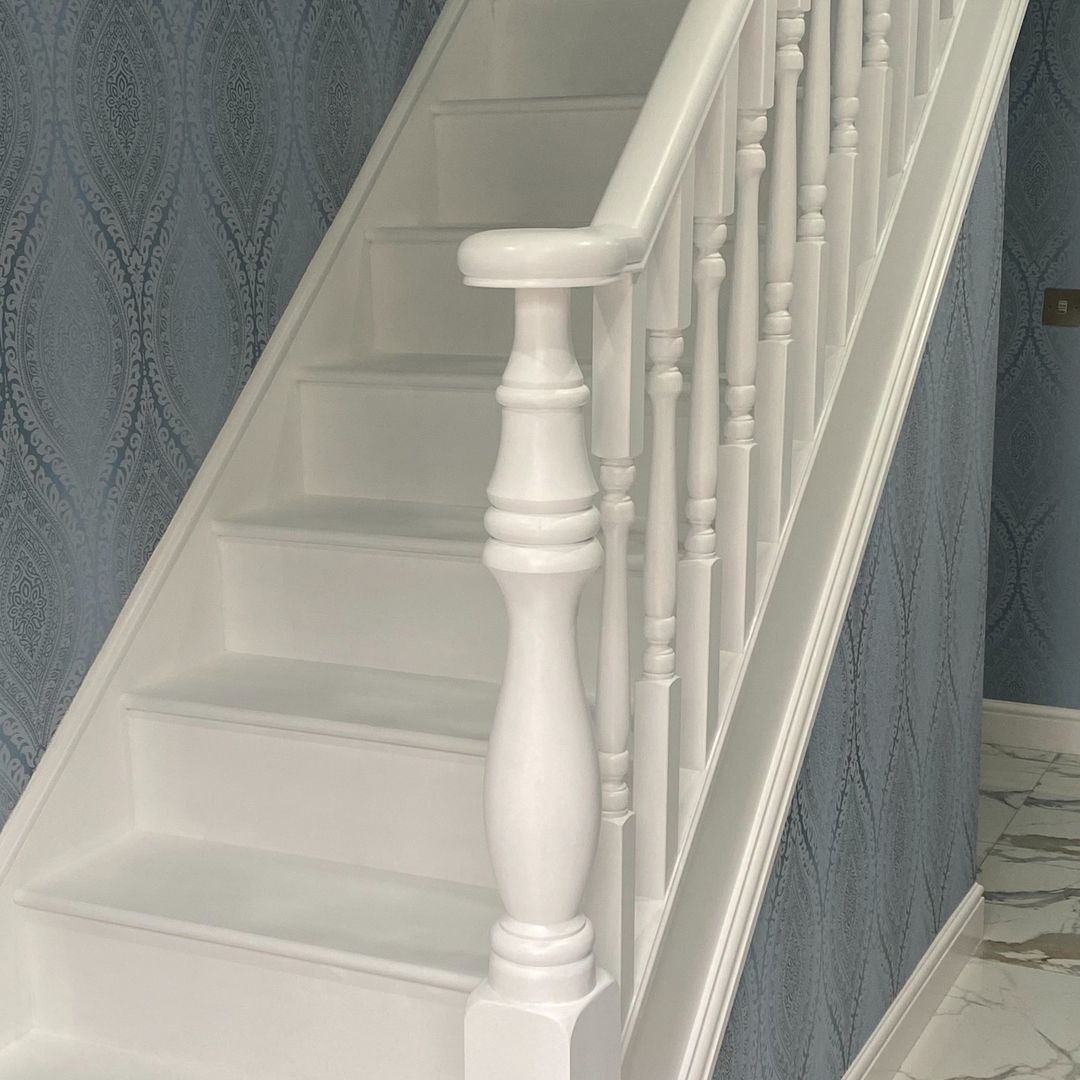
Slide title
Write your caption hereButton
Softwoods come from coniferous trees that keep their leaves all year round, such as cedar, fir and pine. The terms hardwood and softwood do not refer to the properties of the wood – some softwoods can be hard and some soft. As they are fast growing, soft woods can be grown in managed forests.
Softwoods tend to be yellow or reddish in colour and because most coniferous trees grow fast and straight, they are generally less expensive than hardwoods. Softwoods also take well to finish and adhesive and so are a good woodwork product for furniture use or cabinet making, so long as they are maintained regularly.
Pine is an affordable type of timber that is also denser than some hardwoods, making it a very useful product for interior furniture. It is especially useful if you are working on a budget but wish to use a solid timber instead of a manufactured board like particle board, including chip board and MDF.
Examples of softwood are Cedar, Birch, Hemlock, Redwood, Fir, Southern Yellow pine and many
more.
When used in staircase building, there are many desired traits and benefits from choosing softwood and the below may help you decide if softwood is right for you.
For example:
Softwood is easier to work with and can be used across a broad range of applications.
Softwood trees grow much faster than hardwood and are considered a very renewable
source.
Softwood timbers tend to be cheaper, as they're easier to source.
Most softwoods have a lower density than hardwood.
Softwoods are less fire resistant.
Softwood is less suitable for high traffic areas as it does not wear as well as hardwood
over time.
Softwood can be quite knotty.
Softwoods take less time to grow, which means that they're easier to replenish those that are cut down. They are therefore generally a more sustainable option than hardwoods. If given the right treatment and maintained correctly, softwood can last up to 60 years.
As one of the most common defects in timber, knots occur when branches die off and the bases become enclosed by a second layer of wood. Though this is considered a defect, knots in wood can create an interesting visual and are commonly seen in hardwood floors. Wood knots are a perfectly natural indication of a wood's growth process. Experienced builders understand the circumstances in which wood knots may have an impact on wood strength in structural framing.
GET A FREE QUOTE
Contact Us
We will get back to you as soon as possible.
Please try again later.

